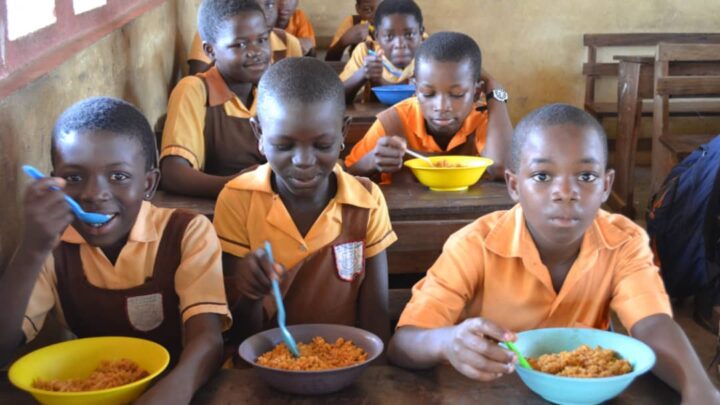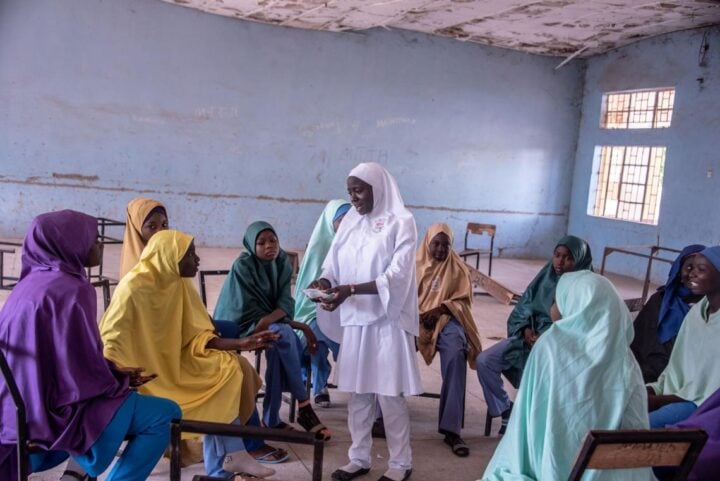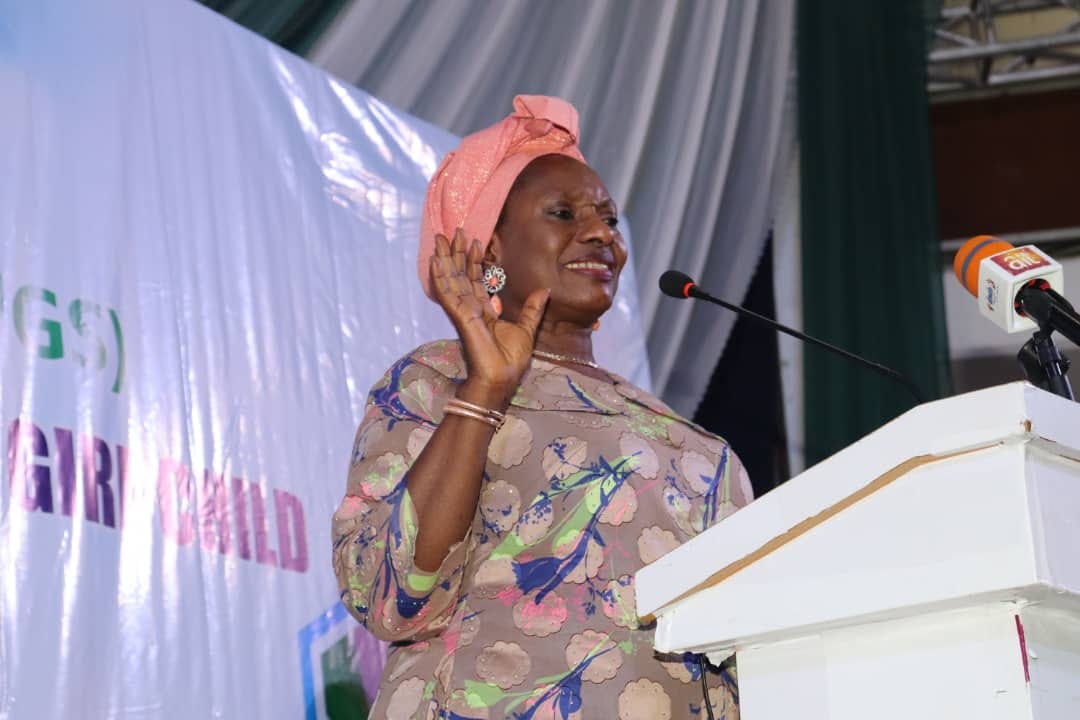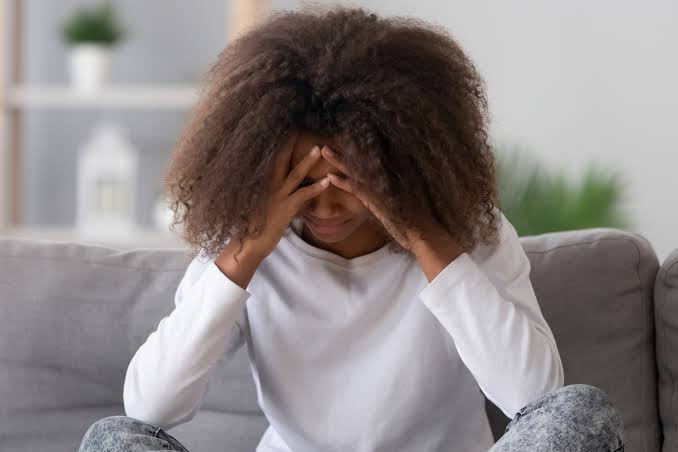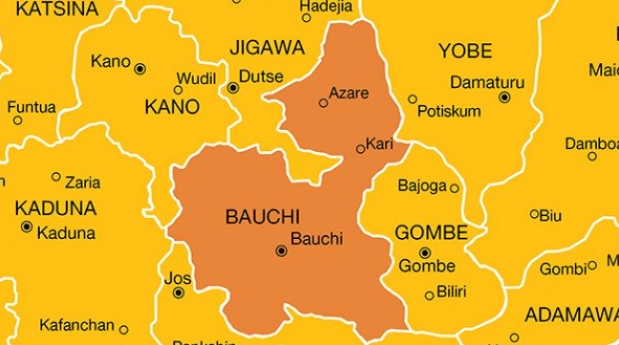Joy Jacobs (not her real name) had just finished writing her West African Senior School Certificate Examination in 2016 when she got pregnant. She was eventually made to live with her boyfriend at the time since she was left with no option. But they never lived happily thereafter. For Joy, it was a union filled with constant abuse that nearly ended her life.
“The father of my child is very wicked,” she said, as she cursed the day she agreed to move in with Peter, her 26-year-old boyfriend at the time.
Joy was 17 and naive. But she was also full of hopes that the pregnancy would turn out to be a blessing, not knowing that hers was opening a window to pain in the hands of her abuser.
Joy’s “marriage” to Peter turned sour shortly after she relocated from Sapele, a town in Delta state, to Abuja, the nation’s capital, to join him.
Advertisement
As she would recall, “his character and everything about him changed. Even when I was pregnant, he would beat me.”
Joy had just lost her mother, shrinking her entire world and making it more difficult to seek help.
According to her, the beating continued during and after her pregnancy until two years after when Peter drove her out of the house. But he came knocking again.
Advertisement
“He came back begging me for reconciliation,” Joy, now 23 years old, said. They eventually reunited in January 2021 with the hope that he would become the companion she yearned for. However, with his second coming came the second round of abuse that nearly halted her existence.
It was on February 3, 2022. She had just returned from the market where she had gone shopping for tools to start up her fishery business when Peter descended on her, furious that she had not been reachable on phone.
“Before I knew it, he poured cold water on me, locked the door and started beating me with a belt in the presence of my child. He flogged me mercilessly while my neighbour kept shouting and begging him to open the door,” Joy said.
According to her, Peter then reached for a bottle, broke it and stabbed her buttocks, but he was not done yet.
Advertisement
“I didn’t know he had put water on the stove just because of me. After he dragged me out of the house, he used his leg to kick the water on the stove and everything poured on me and burned my private part,” she said.
With her private part and other parts of her body left with life-threatening injuries, Joy knew it was time to leave the ‘marriage’ for good. Her relationship with Peter ended, but her strength did not.
WHEN HELP SEEMS SO FAR
Joy said she decided to move on. She also said she refused to press criminal charges against him because she did not have the financial capacity to do that.
Advertisement
“I don’t have anybody that will fight for me,” she sighed, exuding a similar fate faced by many other survivors often far from the reach of non-governmental organisations offering to help them get justice.
In Nigeria where sexual and gender-based violence (SGBV) remains prominent, many survivors could relate to Joy’s story. Women and young girls are the most affected, according to the latest government-supported National Demographic Health Survey from 2018, which showed that 33% of women between the ages of 15 and 49 in Nigeria have experienced physical or sexual abuse.
Advertisement
It doesn’t get any better across the world. Globally, an estimated one in three women will experience physical or sexual abuse in her lifetime, United Nations figures show, making it one of the most prevalent human rights violations in the world. But it is believed that there are many more victims who have succumbed to their fate and chosen not to report their experiences.
“For instance, people don’t feel safe reporting their abusers to authorities such as the police,” said Chioma Agwuegbo, a women’s rights advocate.
Advertisement
“The reason people go to NGOs is often because the police in Nigeria are not trained on how to handle sexual and gender-based violence. People report cases and those cases are treated badly.”
According to Agwuegbo, founder of TechHer, an NGO empowering young girls with technology, as long as the opportunities for women to speak up increase, that can be a good way to start.
Advertisement
She said the culture of shame remains one of the biggest issues stifling the response to gender-based violence in Nigeria.
“The use of technology, for instance, has supported and given women the voice,” she said.
Agwuegbo added that it has also helped in the creation of datasets in response to cases, in more effective advocacy campaigns and in gathering evidence.
One of such interventions is being done through the Campus Pal mobile application built by Gender Mobile Initiative, which is helping students in tertiary institutions report cases of sexual assault.
Omowunmi Ogunrotimi, who founded the nonprofit in 2017, said she was a survivor of gender-based violence which she suffered at a much younger age. Her experience and that of a childhood friend who died while trying to abort a pregnancy from a rape incident was all the motivation she needed to establish Gender Mobile.
“As an organisation, we started off by leveraging simple and accessible technologies in the form of helplines. Also, we saw that a lot of these cases are prevalent in rural communities where internet connectivity could be a challenge,” she said.
“When you make a report, it goes to the institution. We also see the report and ensure that we hold the institution to account. Our services cut across trauma counselling, psycho-social support, psychological first aid and legal representation.
“So far, we have signed agreements with more than 20 universities and have had 2,600 dial-ins on their database,” Ogunrotimi said.
But obstacles remain in addressing cases of many survivors including those with no access to such technological interventions.
“One of the big points of advocacy of #StateOfEmergencyGBV Movement is the institutionalisation of sexual assault referral centres across the country as some states do not have any,” said Agwuegbo, emphasising that the presence of such centres as “a one-stop shop for survivors” will take the burden off their shoulders.
For people like Joy, when nonprofits were not within reach, even her relatives and pastor were not helpful when she ran to them. “Instead, they kept asking me to endure and pray and that he would change. My uncle said I caused problems for myself by having a child for someone I barely knew,” Joy said.
“I endured for almost five years thinking that he would change but he did not,” she said. “I am glad that I am alive and with my son. Marriage is not by force.”
Although it is still a long road to recovery from the shame and abuse she suffered, Joy said she draws strength from her child, then from hope and the prospects of freedom once again.
Add a comment

